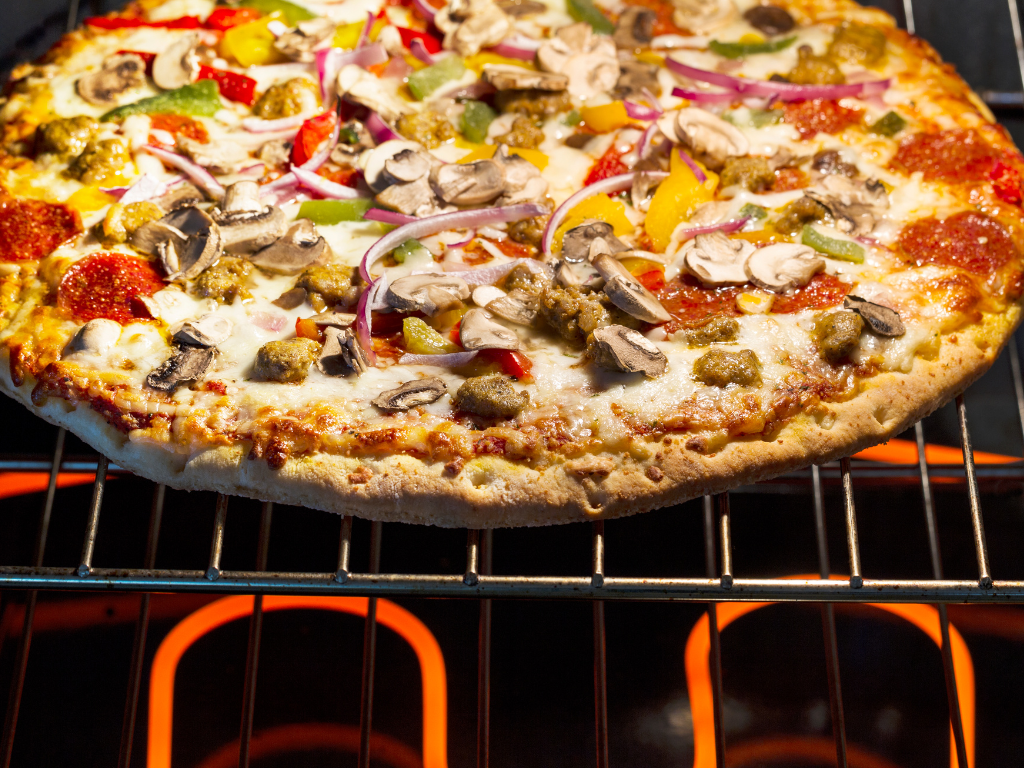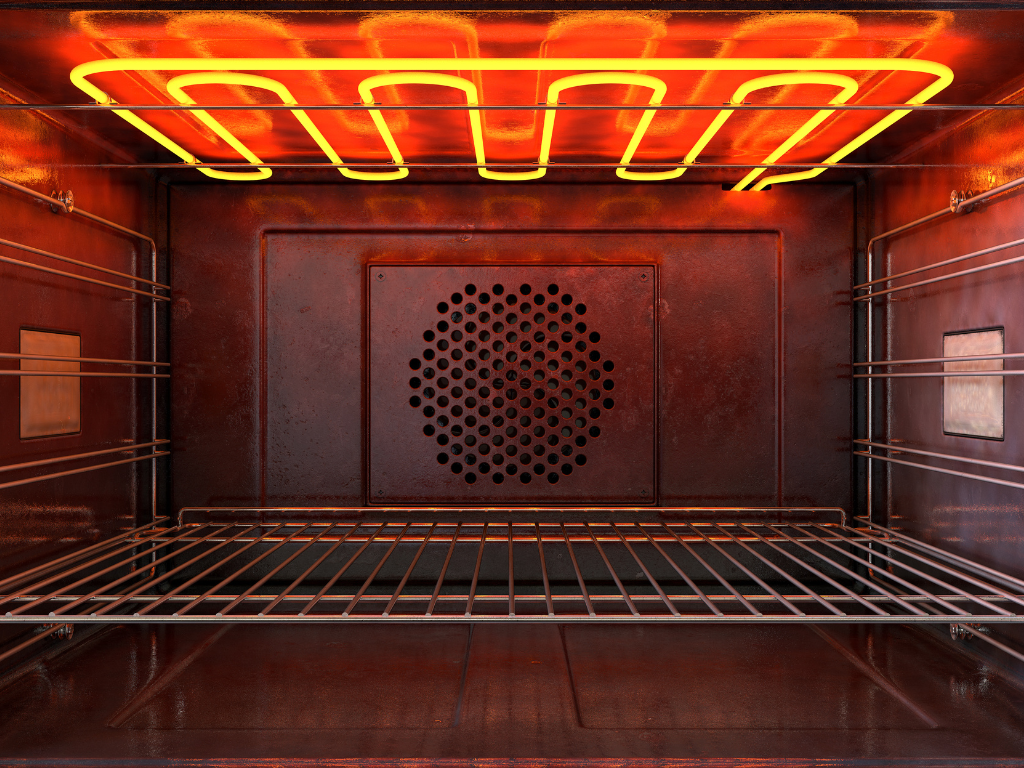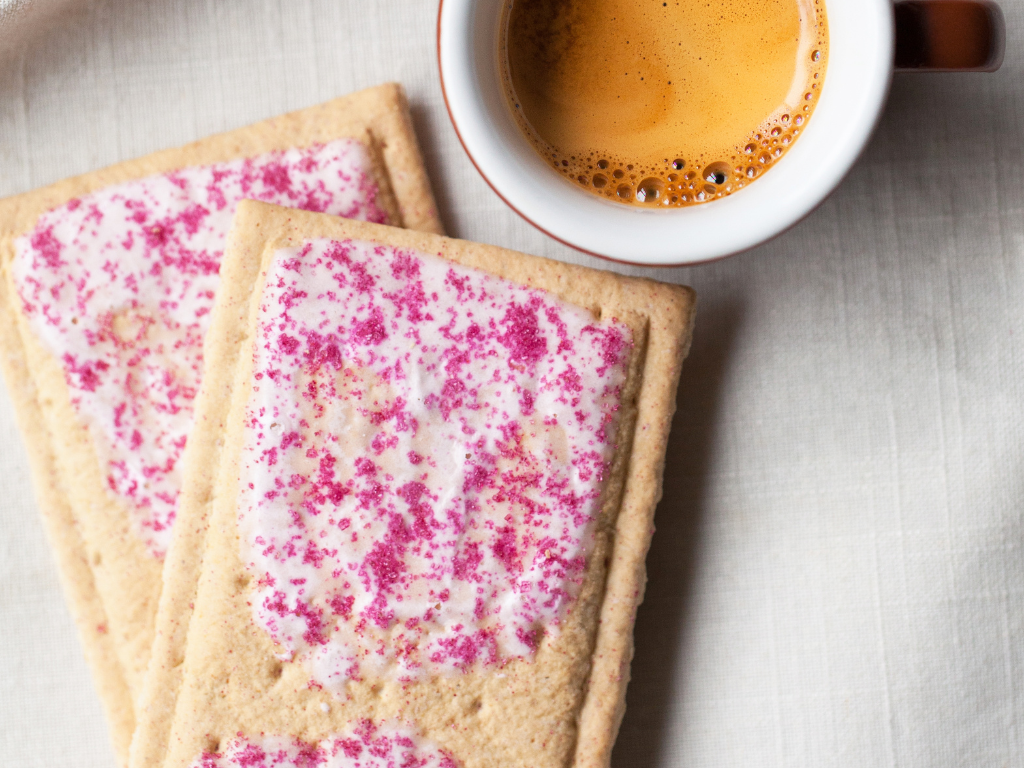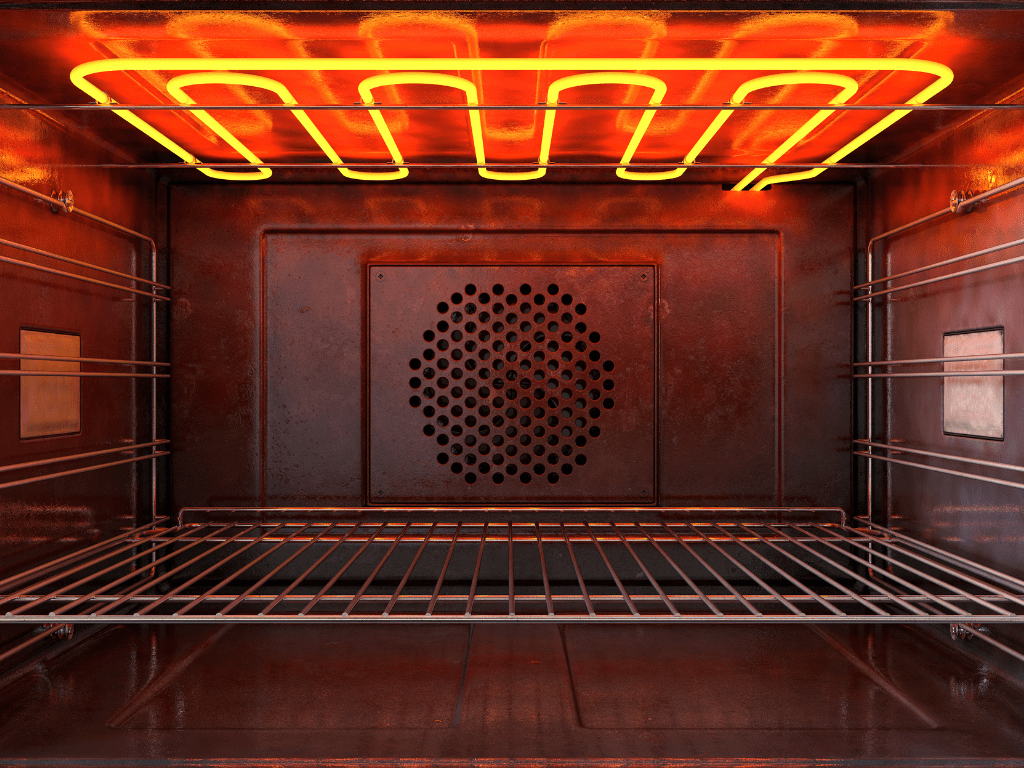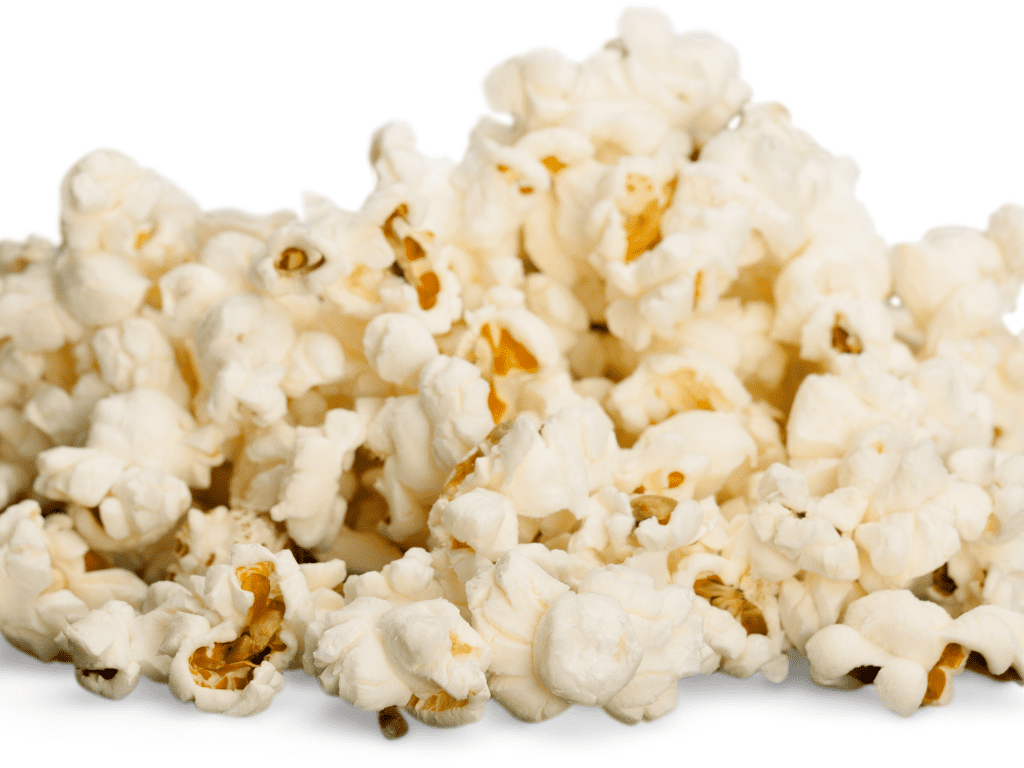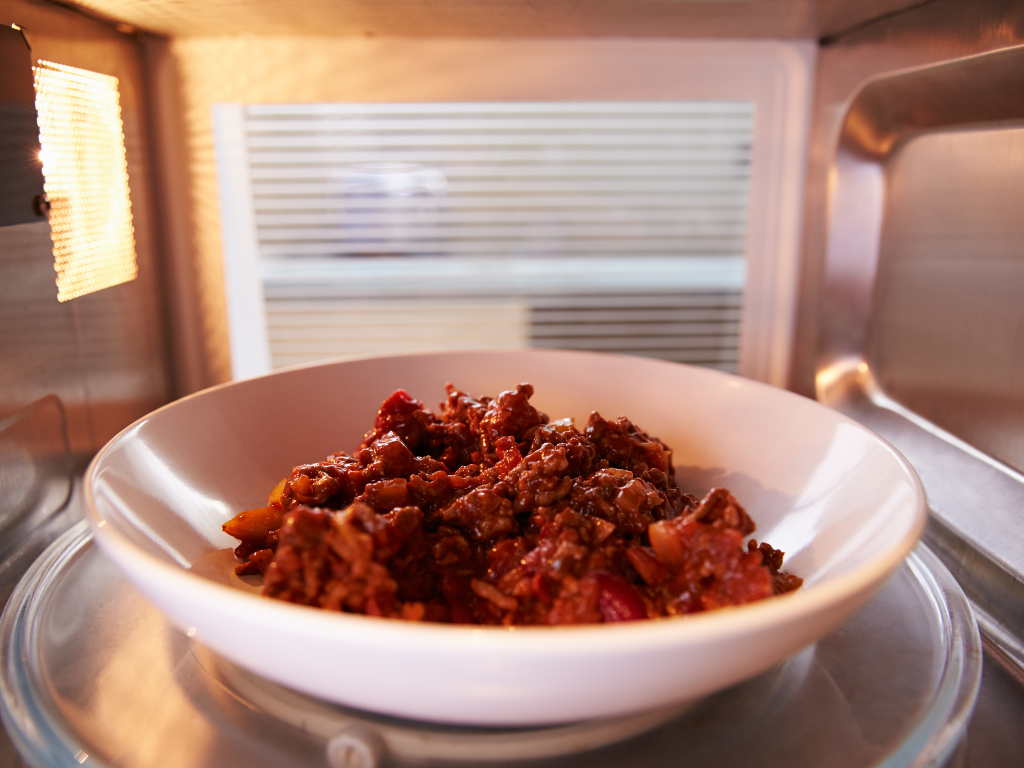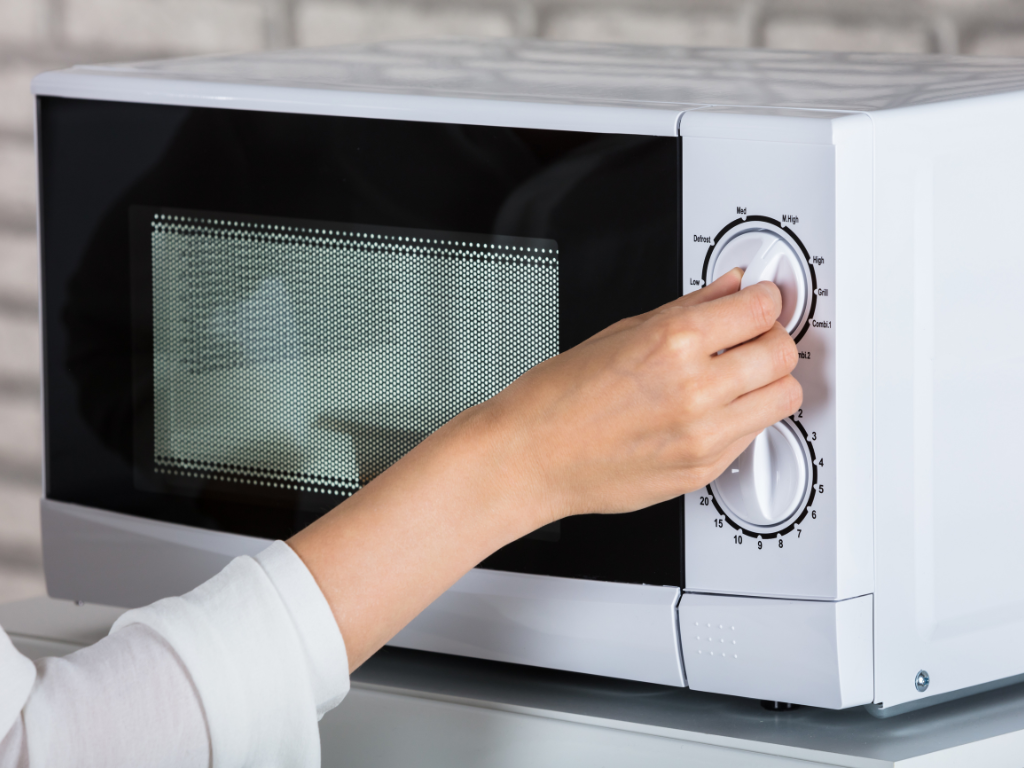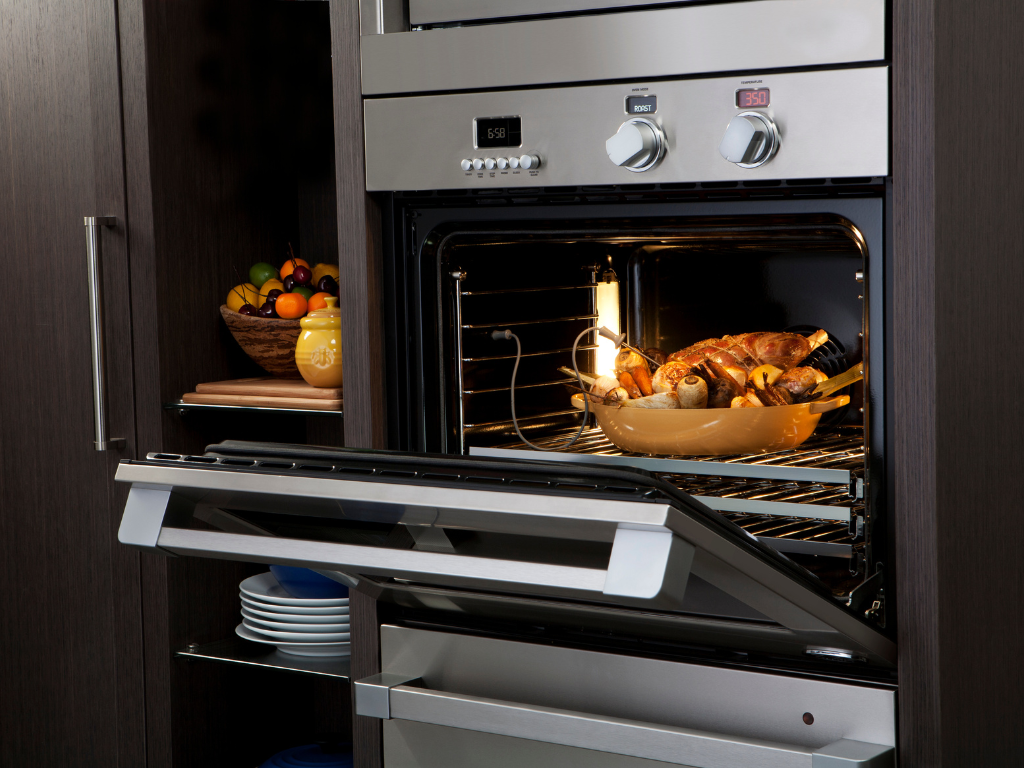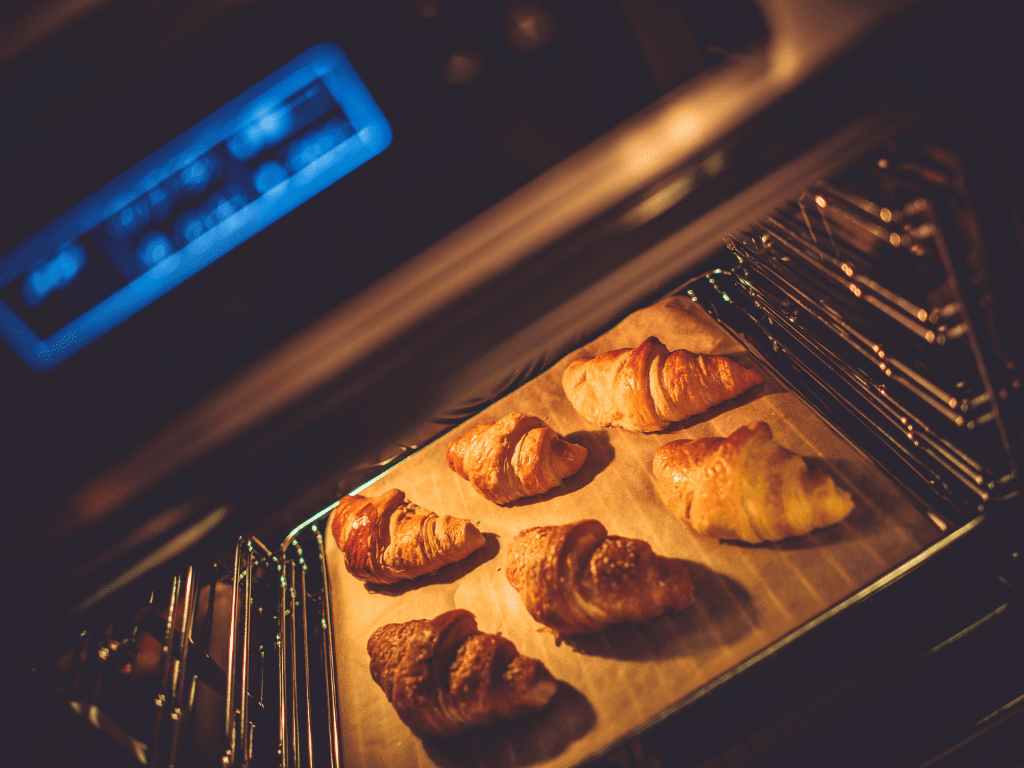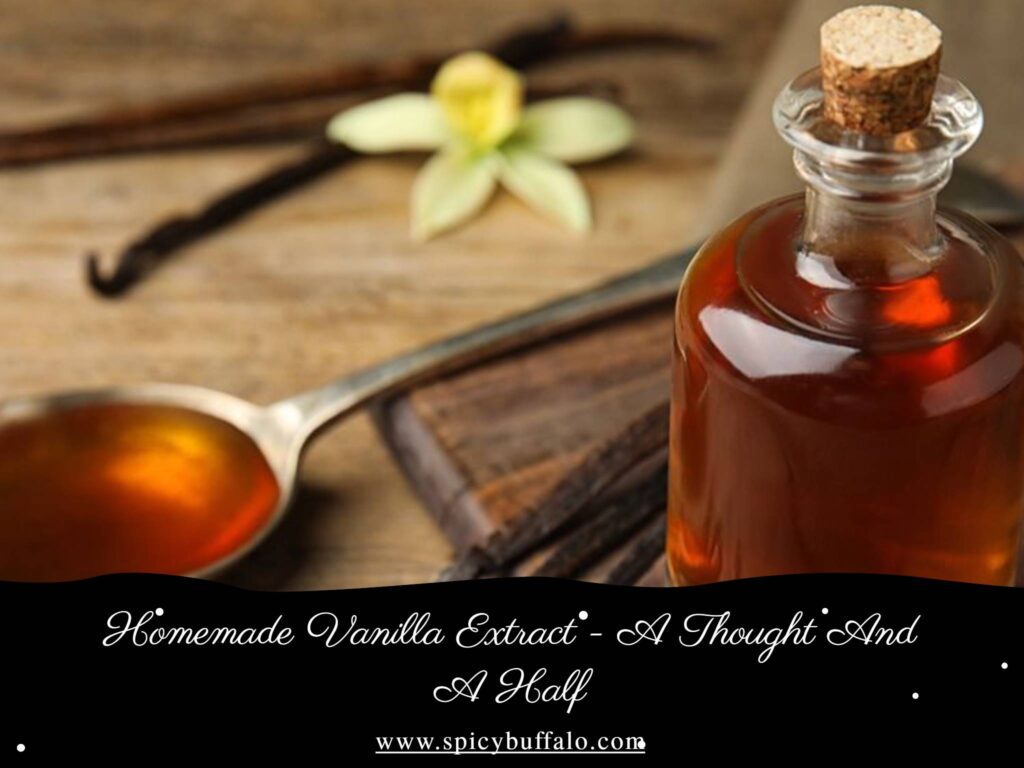
I love vanilla extract, and I’m not alone. A lot of people have learned to use it in homemade baking recipes over the years, ever since that big bottle of extract started showing up on the supermarket shelves. There’s nothing like a homemade jar of vanilla icing or some good old-fashioned pancakes with warm syrup. You can also make your own vanilla sugar and add it to coffee, hot cocoa, or iced tea for a special touch. You’ll never go back to the bottle.
Homemade vanilla extract is a huge project, and I should know. I’ve been making it for almost 10 years now, since I started my first job in an office over 20 years ago. You see, the first day on a new job is always challenging, and that goes double in the corporate world. So what did I do to help me survive my first day? Bake some good old-fashioned cookies with homemade vanilla extract! My co-workers still talk about those chocolate chip cookies to this day. And yes, they have asked me for the recipe.
A couple of years ago my brother decided it was time to start making his own homemade vanilla as well. He’d seen a lot of good things on the internet, and he wanted to try to make it himself. He finally found a tutorial he liked, and he was on his way. A few weeks later I had gotten my boyfriend into the whole homemade vanilla extract idea as well. He thought it sounded like a great project, and after watching my brother I knew it wouldn’t be too long before we were making our own vanilla.
We started out with one of the smaller recipes. It was a fairly easy recipe, and we could make it without any of the specialized equipment that’s required in other vanilla extract recipes. We were starting small at first, just to make sure we could follow through on our goal. We weren’t going to let anything get in our way this time, even if it meant spending more money than we had originally planned on. You see, my brother and I both work with computers now, and this meant one thing: lots of overtime! So what did we do? Make some more money!
But not just any income would do the job — it had to be worthwhile at the same time. So we started working up our software skills for emerging technologies, and we made more money than before. We saved every penny, and let me tell you, it wasn’t easy. When we got to the point where we could make some homemade vanilla extract, we were all ready for the challenge. One thing I knew was that I didn’t want to be making vanilla extract forever — that’s why I started out with a small batch.
We finally had enough money saved up to buy all of the materials, as well as pay for some new computer equipment that would allow us to resume our online business at another level.
If you bake anywhere near as much as I do, you probably go through vanilla extract pretty quickly. At one time, I felt like I was buying those tiny little bottles every few weeks. And those babies aren’t cheap! The good news is, homemade vanilla extract is easy and, over time, cheaper. Let’s make some!
The best thing about making homemade vanilla extract is that you only need two ingredients: vanilla beans and alcohol.
How to make homemade vanilla extract
I know I said making your own vanilla extract is cheaper over time, and off the bat, you’re probably thinking, hey, vanilla beans aren’t cheap! Hear me out. I know they’re not the cheapest things out there. At my local grocery stores, I’m lucky if I can find a jar with ONE bean for $9 or $10. When I stumble upon a jar with TWO beans, you bet I buy it. Even if I don’t use them immediately, vanilla beans usually have a pretty long shelf life. You can also buy them in bulk online if you’re having a hard time finding them in your stores.
Now, there are two main types of vanilla beans you should know: grade A (gourmet) and grade B. For extracts, you want to look for grade B beans. You can read more about the differences and science behind the different grades here , here, and here. And here are some grade A beans if you’re curious.
Next is the alcohol. The first choice is usually vodka. It’s clear, neutral, and takes on other flavors easily. For this post and recipe, I used bourbon for a deeper flavor. You could also use light/clear rum or brandy, depending on what kind of flavor you’re going for (aside from vanilla, obviously). Light rum will result in a smooth, rich flavor. Brandy will make your extract heavier and sweeter. Ultimately it’s up to you! Whichever alcohol you decide, choose one that’s good quality (but doesn’t have to be top-shelf), and make sure it’s at least 80 proof. For my vodka batch, I used Dixie Southern, and for my bourbon batch, I used Four Roses. Each of those is roughly $20 for a fifth (750ml).
Up front, you can spend up to $40 for ingredients, depending on how many beans you buy, or the alcohol you choose. I know I said this was more cost-effective. Over time, it is. A 6-8 ounce bottle of good, pure vanilla extract at the store might run you $15 or more. By buying your own beans and alcohol, you can make multiple bottles of extract the way YOU like it, control the quality and quantity, and save money in the long run.
To make homemade vanilla extract, you will need:
Vanilla beans
Alcohol
Glass bottles
Funnel or measuring cup with easy-pour spout
The bottles I used are actually recycled from my Aldi wine advent calendar. They’re about 6 ounces each, so the perfect size for making some extract. If you want to get larger bottles (or already have some on hand), that’s perfectly fine. You’ll just add more beans. I like clear bottles so I can see how dark the extract gets over time.
For reference: the bottle on the left was made with vodka a couple months ago, so it’s much darker. The bottle on the right was made most recently (for the purpose of this post) with bourbon. It’ll get richer and darker over time!
Here’s how to make homemade vanilla extract!
Carefully split your bean(s) in half, but don’t slice it completely through—just enough to split it open and expose the beans on the inside.
For every 8 ounces of alcohol, add 1 split bean to your bottle(s).
Fill bottle(s) almost to the top with your alcohol.
Give your bottle(s) a good shake.
Put bottle(s) in a cool, dark place for at least 4 weeks. The longer you let it rest, the stronger and deeper the flavor will be.
When it’s ready, use it in your favorite recipes!
That’s it! See, pretty easy. Over time, you’ll find that making your own vanilla extract is way more cost-efficient than buying those tiny bottles at the store.
If you enjoyed this post, you can sign up for my email list to get more just like it sent to your inbox every month!
Can you get sick from expired vanilla extract?
Yes and no.
You can get what is called a “bad batch,” which is essentially vanilla beans that have gone bad (either during harvest or storage). Bad beans will taste bitter, and you don’t want to use them. So how can you tell if your vanilla has gone bad? There are two ways.
First, look at the packaging. If the bottle says 100% pure vanilla extract, then it should contain only alcohol and vanilla. Nothing else. If it lists any other ingredients, you should look for a different brand.
The second way to tell if your vanilla has gone bad is by smell and taste. If you notice anything off when you smell it, or if it tastes bitter or sour, throw it out. You can’t be too careful with vanilla extract!
Is homemade vanilla extract better than store-bought?
The answer is yes and no. Yes in that homemade vanilla extract gives you control over the quality of ingredients and the strength of flavor. No in that some people feel store-bought, professionally produced extracts are just as good (or even better). If you want to get more high-quality vanilla, opt for a good flavor extract that boosts the vanilla bean’s natural oils.
Should you refrigerate vanilla extract?
Yes. While the alcohol will dissipate over time, the quality of the vanilla beans is best when stored at room temperature in a cool place. It’s also important to note that if you store your extract for long periods of time, the alcohol can evaporate more quickly and become more potent, too. So don’t store it in your pantry!
Can you use expired vanilla essence?
Yes, but it won’t taste as good. If you use vanilla essence in a recipe and want to get the same flavor as you would with extract or beans, use it within one year of purchase. After that, the essence will start to become less potent, and if you continue to use this product, you’ll change the flavor profile of your recipe.
If you’re still not sure about how long those tubes of vanilla essence have been sitting in your pantry for (and why should we care?), check out this article from Cooks Illustrated . It might help convince you that your spices are actually still good (and not going bad while they sit in a drawer).
How to know if the vanilla extract is bad?
When you smell the vanilla extract, it shouldn’t smell like alcohol. If it does, then it’s bad. If you add actual vanilla beans to your cup of extract, no matter how old or how well it was stored, you won’t get a bitter taste.
If the open bottle of vanilla does smell like alcohol (because it has gone rancid), then throw it out and use new bottles for your extracts! What if the extract smells like alcohol? Yes, this is possible. If your extract is bad, the storage will still be fine. The alcohol is just going to be more potent than that produced by good vanilla beans and extracted with clean equipment.
Does vanilla extract have sugar?
The sugar in vanilla extract is only there as a preservative. If your extract has sugar, it has been added to extend the shelf life of the vanilla. This can detract from the flavor of the extract, so we recommend using pure vanilla, if possible.
Are vanilla beans expensive?
The answer is yes and no! If you are shopping for vanilla beans at a specialty food store or grocer (like Whole Foods, for example), then they might be pretty pricey. Otherwise, you can get really good quality beans on Amazon or at most grocery stores (these ones are our favorite). They’re all around $10 per pound.
Making your own extract is easy and can save you a lot of money— especially if you buy the smaller bottles at a grocery or craft store. Just be sure to check the expiration date on your vanilla, and then use it within a year or two after you open the bottle.

